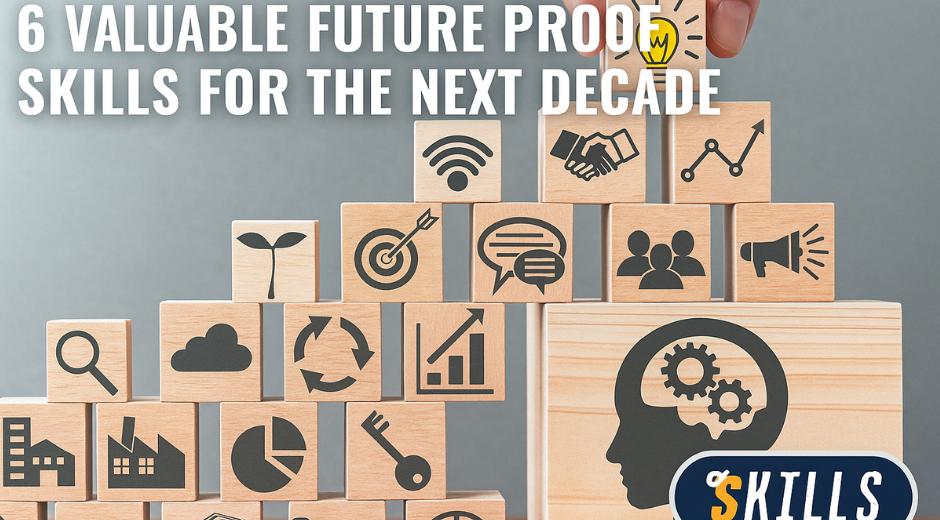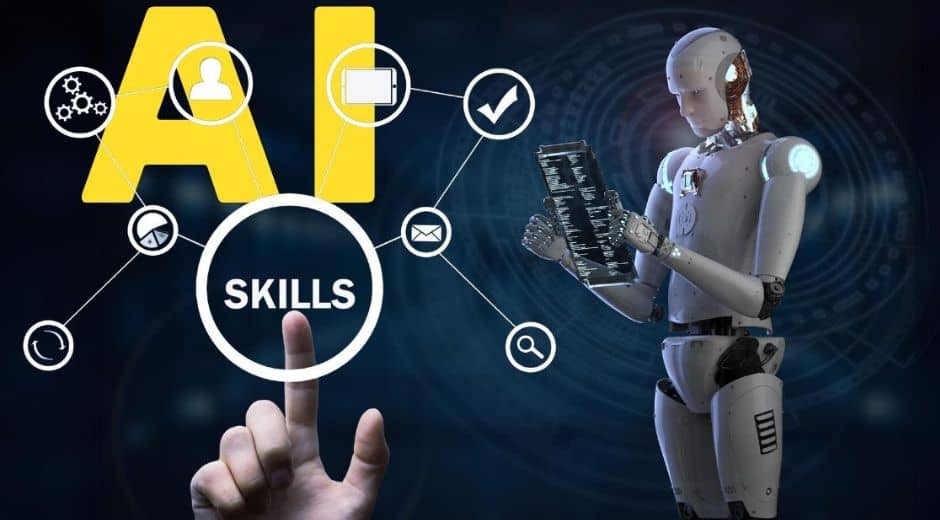Adaptability: The Most Valuable Skill in Today’s World
In today’s fast-paced environment, adaptability has become one of the most powerful skills you can develop. The world changes rapidly, and those who adjust easily to new circumstances are the ones who grow, succeed, and lead. Whether in education, work, or daily life, adaptability helps you turn challenges into opportunities.
1. What Adaptability Really Means
At its core, adaptability is the ability to adjust to change while staying focused on your goals. It’s about learning new things quickly, embracing innovation, and not being afraid of uncertainty. Life rarely follows a straight path, so being adaptable ensures that when plans shift, you can pivot smoothly.
This skill is not just about survival, it’s about progress. People who master Flexibility can reinvent themselves, switch careers, or adopt new technologies without losing momentum.
2. Why Adaptability Is a Core Skill for Success
The workplace has evolved dramatically in the last decade. New tools, industries, and technologies appear every year, changing how we live and work. Those with Flexibility thrive in such environments because they see change as an opportunity, not a threat.
Employers value adaptable people because they’re proactive, creative, and calm under pressure. These individuals make transitions easier for teams and help organizations stay competitive.
3. The Science of Being Adaptable
Psychologists suggest that adaptability is closely tied to resilience and emotional intelligence. When you’re emotionally aware, you can process stress better and respond to new situations logically. Flexible thinkers adapt faster because they don’t cling to one way of doing things.
Developing adaptability means training your mind to stay curious, open, and ready for learning. It’s a continuous process that strengthens with practice.
4. How to Build Adaptability in Everyday Life
Here are some proven strategies to become more adaptable:
Embrace learning: Constantly update your skills.
Challenge yourself: Step outside your comfort zone regularly.
Practice patience: Change takes time to understand and master.
Reflect often: Learn from mistakes rather than fear them.
Stay curious: Treat every new experience as a lesson.
When you intentionally apply these habits, adaptability becomes second nature.
5. Adaptability and Continuous Learning
The connection between Flexibility and learning is inseparable. When you keep learning, you strengthen your ability to handle change. Every new skill or concept you master builds flexibility in how you think and respond.
Platforms like LinkedIn Learning highlight adaptability as one of the most in-demand soft skills worldwide. Meanwhile, StudySkillUp offers practical tips on how to cultivate a growth-oriented mindset that supports flexibility and career readiness.
6. The Role of Adaptability in Teamwork
Teams that prioritize Flexibility perform better under pressure. When goals shift or obstacles appear, adaptable members stay calm, reassess, and find alternative paths forward. This mindset encourages collaboration and creativity.
Adaptable teams also communicate more effectively because they focus on solving problems rather than assigning blame. That shared resilience drives consistent success.
7. The Link Between Adaptability and Innovation
Innovation thrives on Flexibility . When people accept change as part of progress, they experiment more freely and develop better ideas. The world’s most successful companies rely on flexible thinking to reinvent products, strategies, and cultures.
Being adaptable allows you to look at problems from multiple perspectives and find creative solutions others might overlook.
8. Overcoming Fear of Change
Many people struggle with Flexibility because they fear uncertainty. The truth is, change is the only constant in life. Instead of resisting it, embrace it with confidence.
Start small: try a new method at work, learn a different language, or engage in unfamiliar hobbies. These simple actions train your brain to welcome new experiences rather than resist them.
9. Real-Life Examples of Adaptable Success
History and modern business are full of people whose Flexibility
defined their success. Think of entrepreneurs who shifted industries or professionals who learned digital tools during global changes. Their ability to stay relevant, flexible, and creative turned obstacles into opportunities.
Adaptability doesn’t mean you abandon your values, it means you find new ways to express them in different environments.
10. Final Thoughts: Stay Flexible, Stay Ahead
In a world where change happens daily, Flexibility is your greatest strength. It protects you from stagnation and helps you evolve in both mindset and skill set. The more adaptable you become, the more prepared you are for the unexpected.
To explore expert resources on developing Flexibility and future-ready abilities, visit financeworldhub, where we regularly share strategies for thriving in dynamic industries.
Remember, adaptability isn’t just a skill, it’s a mindset. When you master it, no challenge feels too big, and no change feels too sudden. It’s your ultimate advantage in an ever-changing world.
Education Made Simple

Study Focus Techniques That Actually Work
Study Focus Techniques That Actually Work

Learning Skill Awareness For Smarter Study Choices
Learning Skill Awareness For Smarter Study Choices












